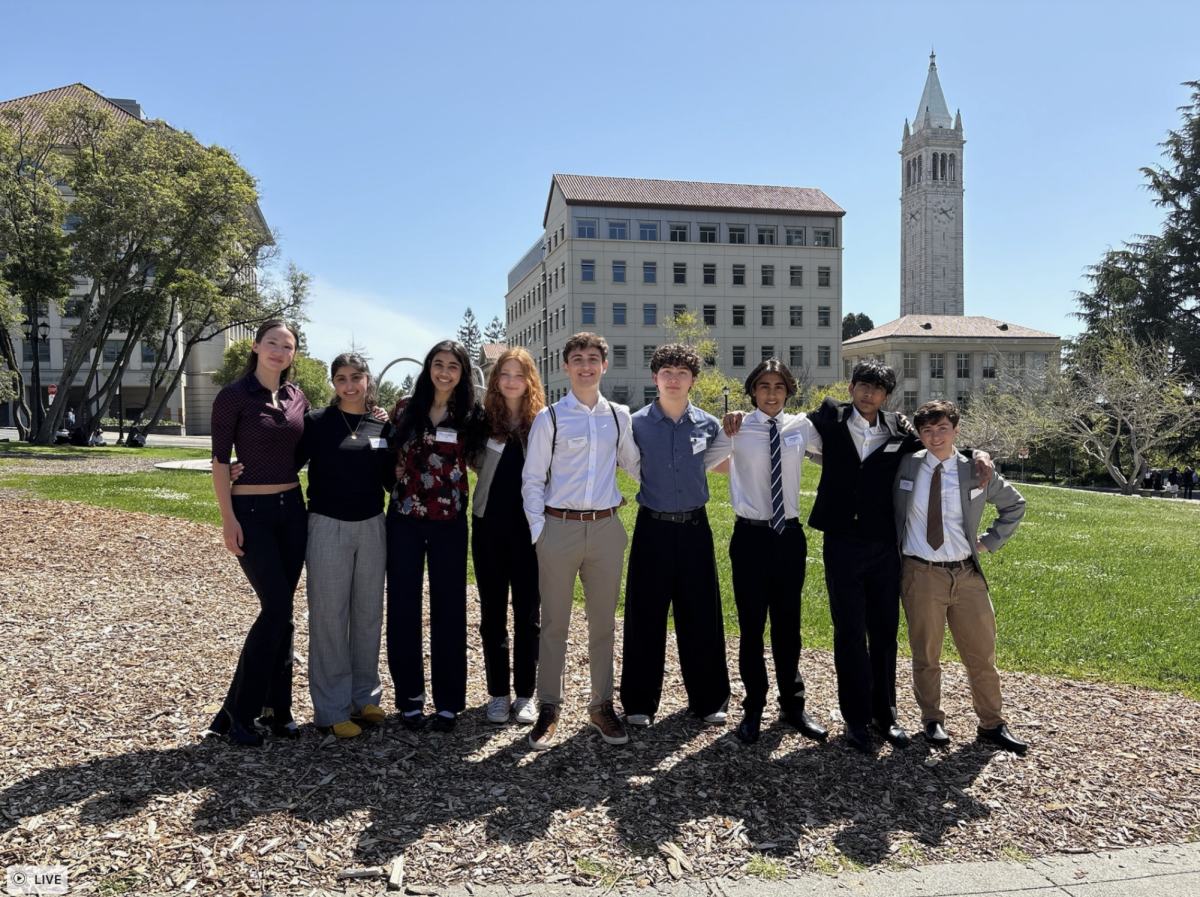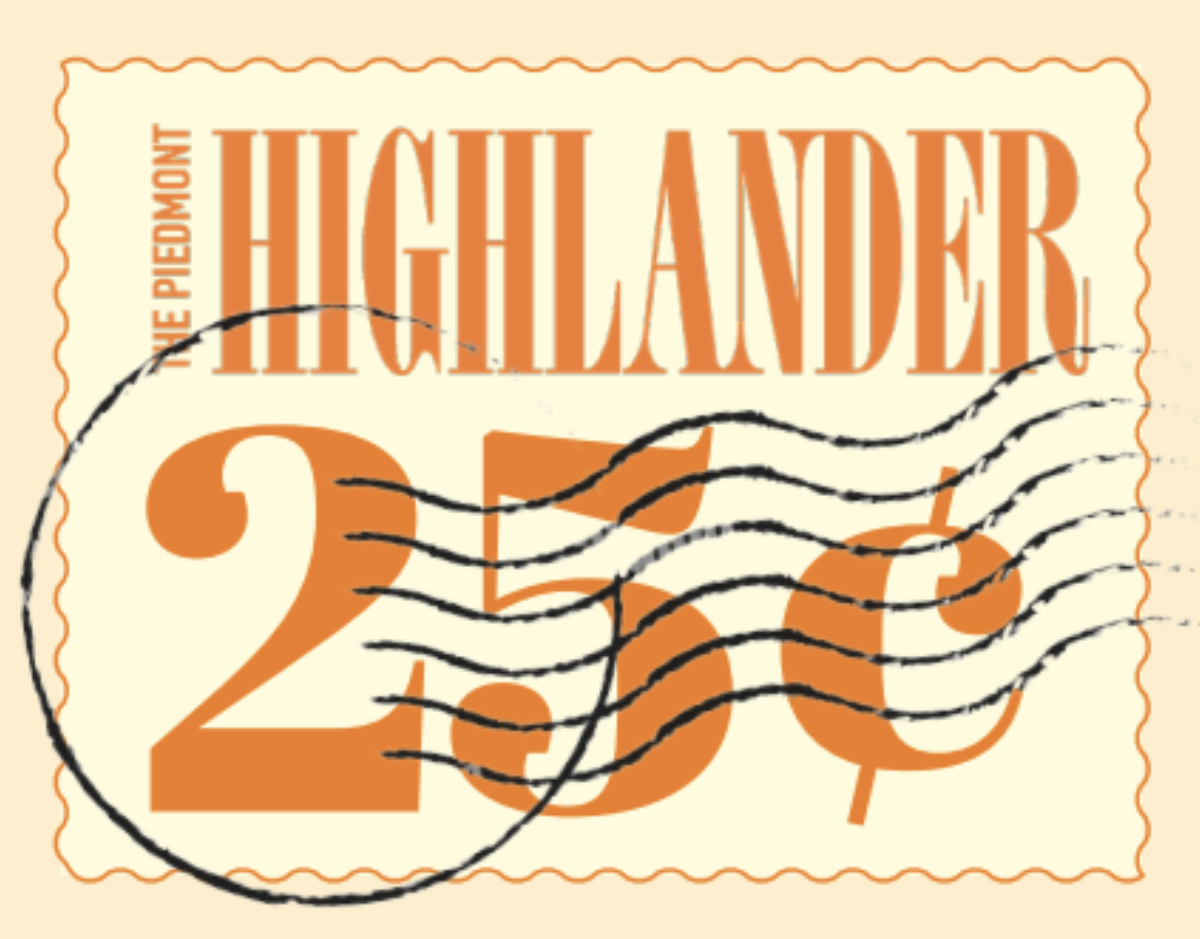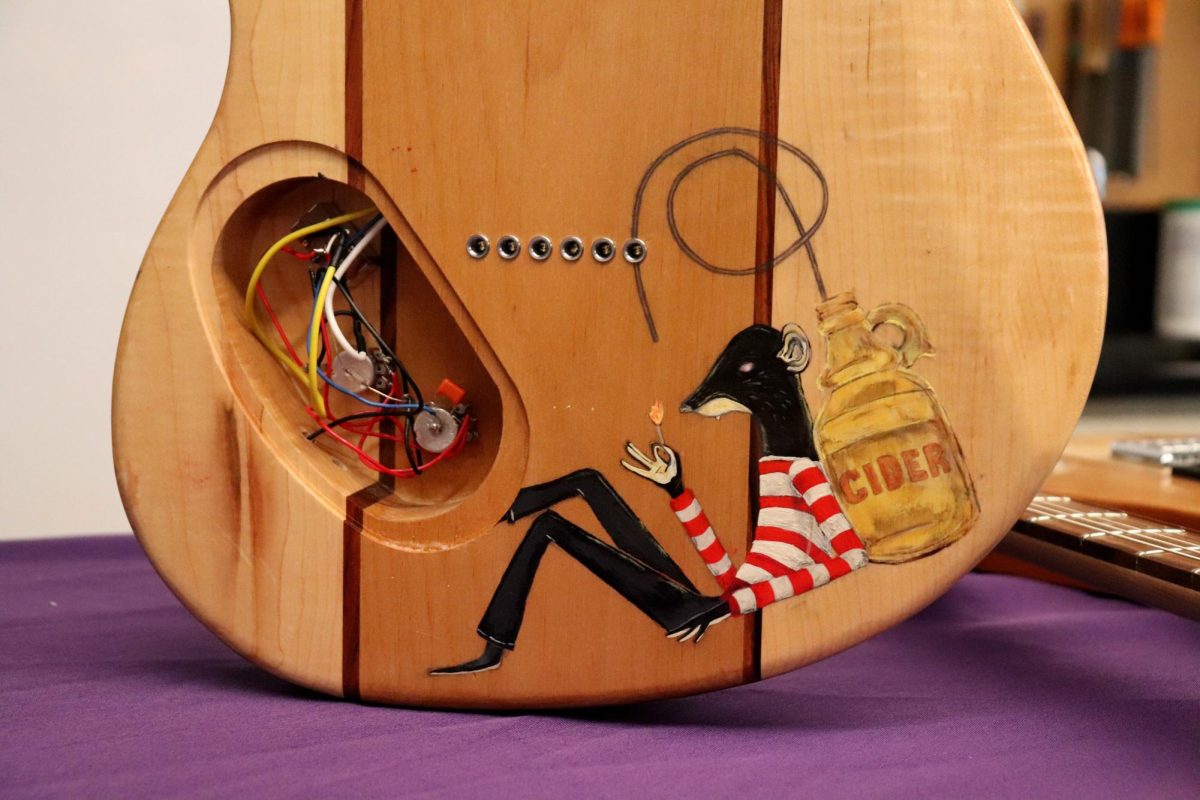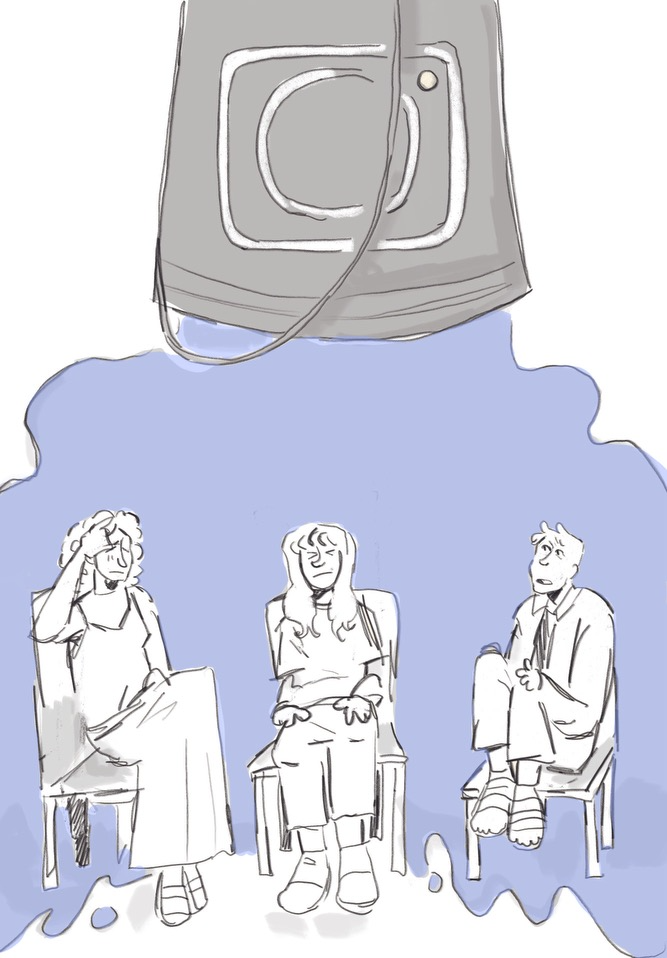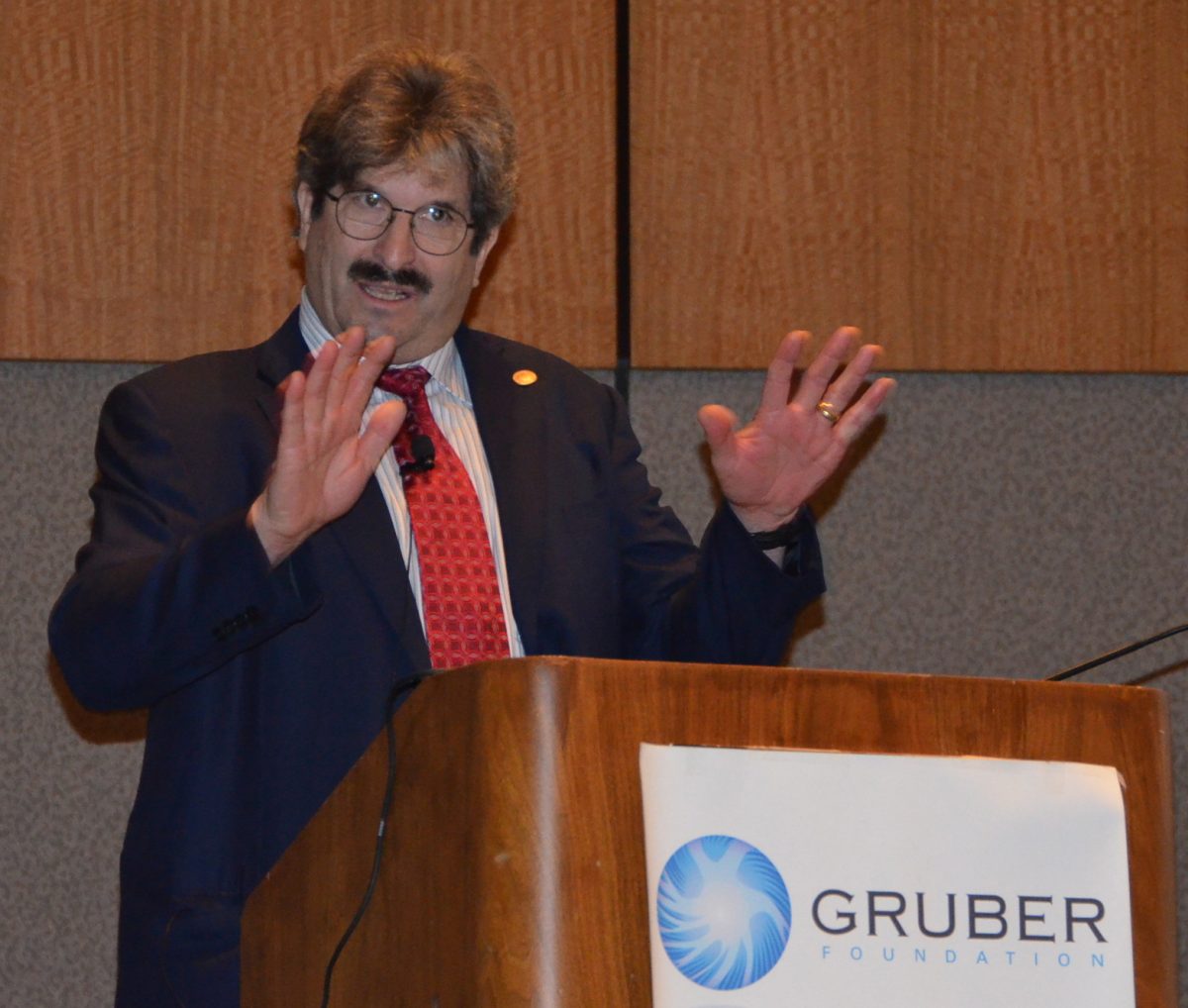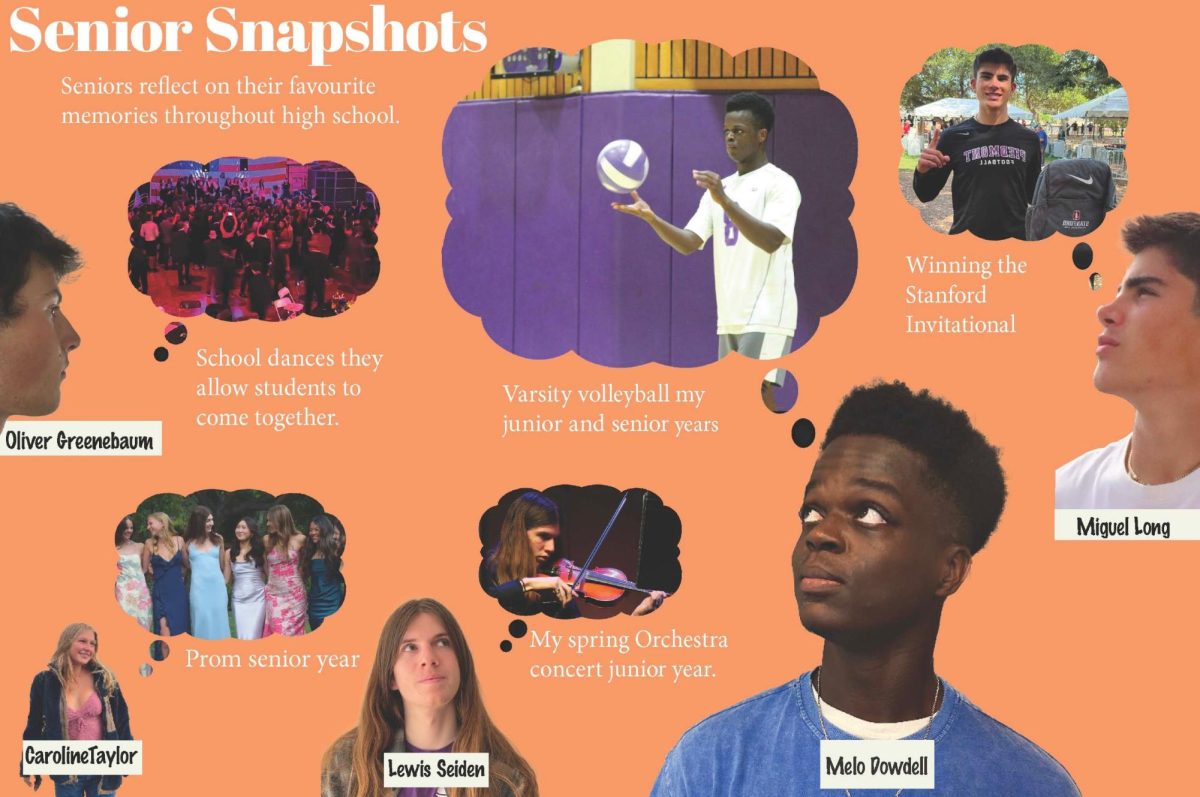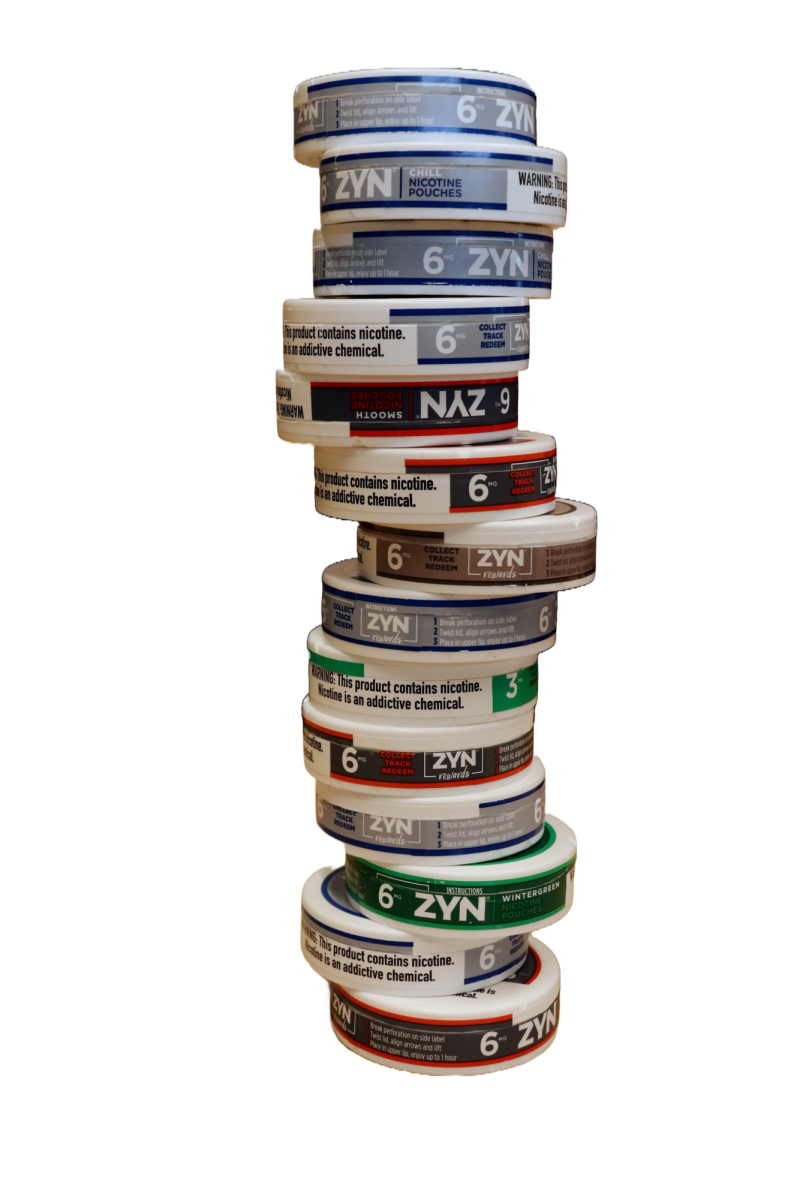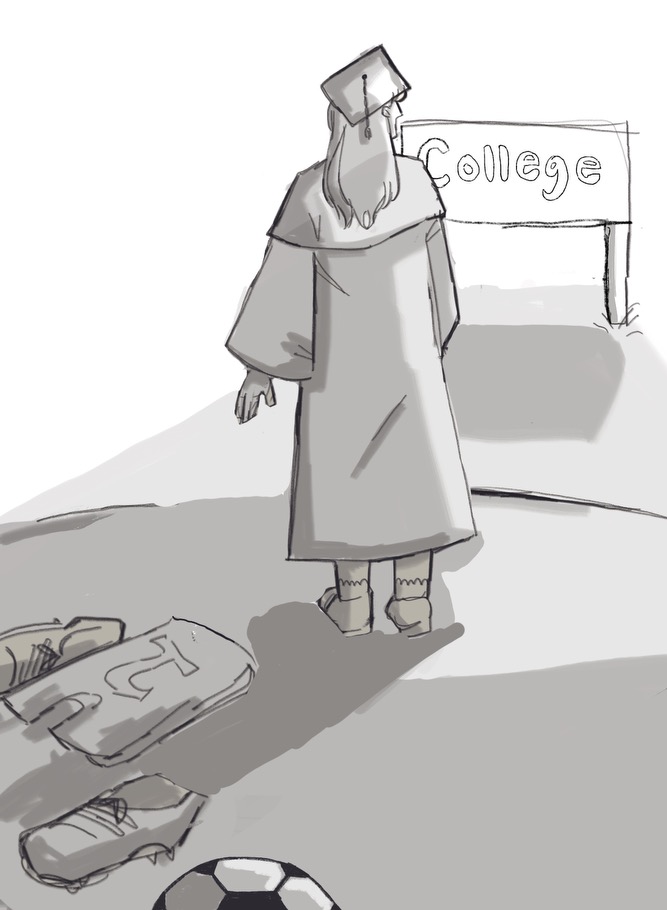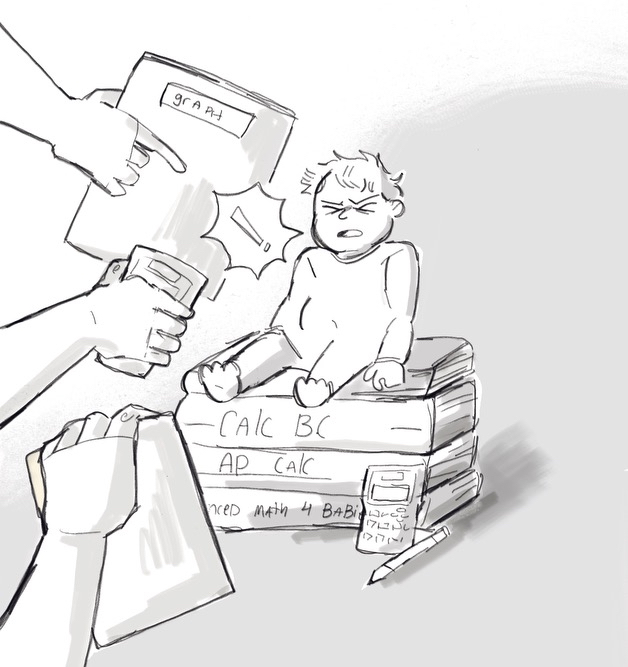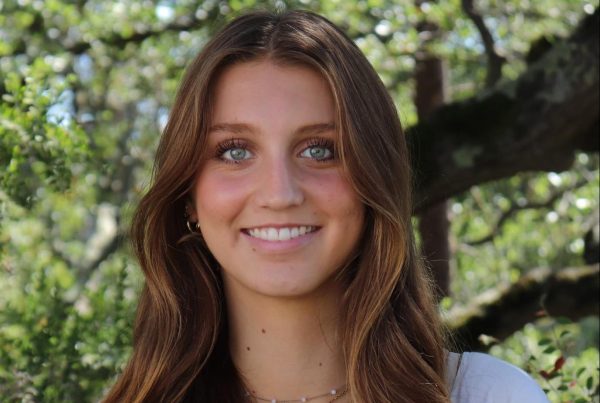The 2025-2026 course offerings include changes across multiple departments. Some pathways feature new honors and Advanced Placement options. Prerequisites are generally more flexible, and some electives are now geared toward specific grade levels.
Arts Courses
The three instrumental music pathways now offer honors courses that frequently test students’ music theory knowledge and technical skills. These courses prepare students for external recitals, ensembles, and competitions.
“I’m very excited. I already do the outside-of-school requirements for Jazz Band, so I think it will be an easy switch over,” Jazz Band sophomore Raiden Holt said.
Acting and dance now also include honors options, requiring outside commitments. Acting Honors students may lead, design, or write a play, audition professionally, or tutor younger actors. Dance Honors students will select extracurricular options that involve outside lessons, performances, or examinations across dance genres.
Students heavily engaged with performing arts previously lacked opportunities for greater course rigor and recognition of their abilities, making these weighted courses a significant addition.
“In my opinion, any acting or theater extracurriculars should be counted as a weighted thing, just because of the amount of time that we put into it,” Advanced Acting junior Amelia Addington said.
According to a survey conducted by TPH 73 percent of student respondents’ were strongly influenced by course weight, teachers believe the additional rigor will help students take classes they enjoy rather than being influence by the weight.
“ It’s a way of encouraging students to continue in those topics, because students look at their high school transcript as a way of maximizing their GPA,” math teacher Auben Willets said.
“It’s kind of a defensive posture to allow kids who are interested in VAPA [performing arts] to continue doing that.”
A February 2025 survey of 87 Piedmont students found that 73 percent of respondents’ selections were strongly influenced by course weight, and 69 percent were satisfied with the new courses.
All honors performing arts classes are open to juniors and seniors. They require completion of the prior course in the pathway or instructor approval.
“The juniors and seniors that the honors credit is aimed at probably don’t have time to do all of the extra time-consuming work it would require. Freshman and sophomore year is when we have the time available,” one respondent said.
However, some students would have been more compelled to take performing art classes if there was a weight on them
“I would feel more likely to because I would feel less pressure to fill my schedule up with other weighted classes,” senior Chloe Graham said.
Beginning Dance students can now choose to fulfill their physical education or art credit instead of only receiving art credit. Ninety-one percent of respondents supported this change.
Science Courses
Advanced Placement Physics C: Mechanics and Advanced Placement Physics C: Electricity and Magnetism have been added to the College Preparatory Physics and Physics Honors lineup. Designed to be taken alongside calculus in one year, they cover kinematics, energy, electrostatics, circuits, induction, and more.
Sixty percent of respondents were satisfied with these additions because of their standardized curriculums and examinations.
However, some students feel that additional classes are unnecessary.
“I don’t think it makes sense because even one AP physics class doesn’t seem to be very popular, and you can’t start taking physics until you’re a junior, and taking calculus seems unnecessary to me,” Graham said.
Dual Enrollment Courses
Peralta Colleges will offer dual enrollment classes to students on Piedmont’s campus, including Calculus III, Differential Equations, Linear Algebra, Discrete Mathematics, Data Structures and Algorithms, and E-Commerce/Entrepreneurship. These one-semester courses follow Peralta Colleges’ calendar, with college instructors managing course material and grading separately. Student selections will ultimately determine the offerings.
Seventy-five percent of respondents were satisfied with the introduction of dual enrollment classes. Those who opposed it expressed concerns that humanities courses were not receiving the same treatment.
“I think our school is already pushing very STEM-focused with the amount of AP/Honors classes we have for STEM classes, and this will only encourage that further if the majority of dual enrollment classes are for math specifically,” one respondent said.
Prerequisite Updates
Some courses have reduced or removed prerequisites altogether. College preparatory biology no longer requires middle school science. Photojournalism also removed the requirement of a C in a prior English class.
“If you are getting less than a C in English, which is a required course for graduation, you really shouldn’t be taking fun classes like yearbook that require you to do extra outside of school,” senior Leila Kumar said.
The grade requirement for world language classes dropped from a B to a C in the prior level.
“Languages absolutely require a B to advance. We should help students more, not just let them advance with so little knowledge. AP language classes already have so many people who lack basic skills. Let’s not enlarge that,” Kumar said.
One outlier, Advanced Placement Environmental Science, increased its prerequisite from a B- to a B average in college preparatory biology and chemistry.
Forty-one percent of respondents were satisfied with these prerequisite changes.
Grade-Specific Availability
Numerous courses changed their availability or preference to grades. Freshmen and sophomores now have priority for Ethnic Studies, and juniors and seniors now have priority for Psychology and Financial Literacy. Film as Literature is now limited to juniors and seniors.

